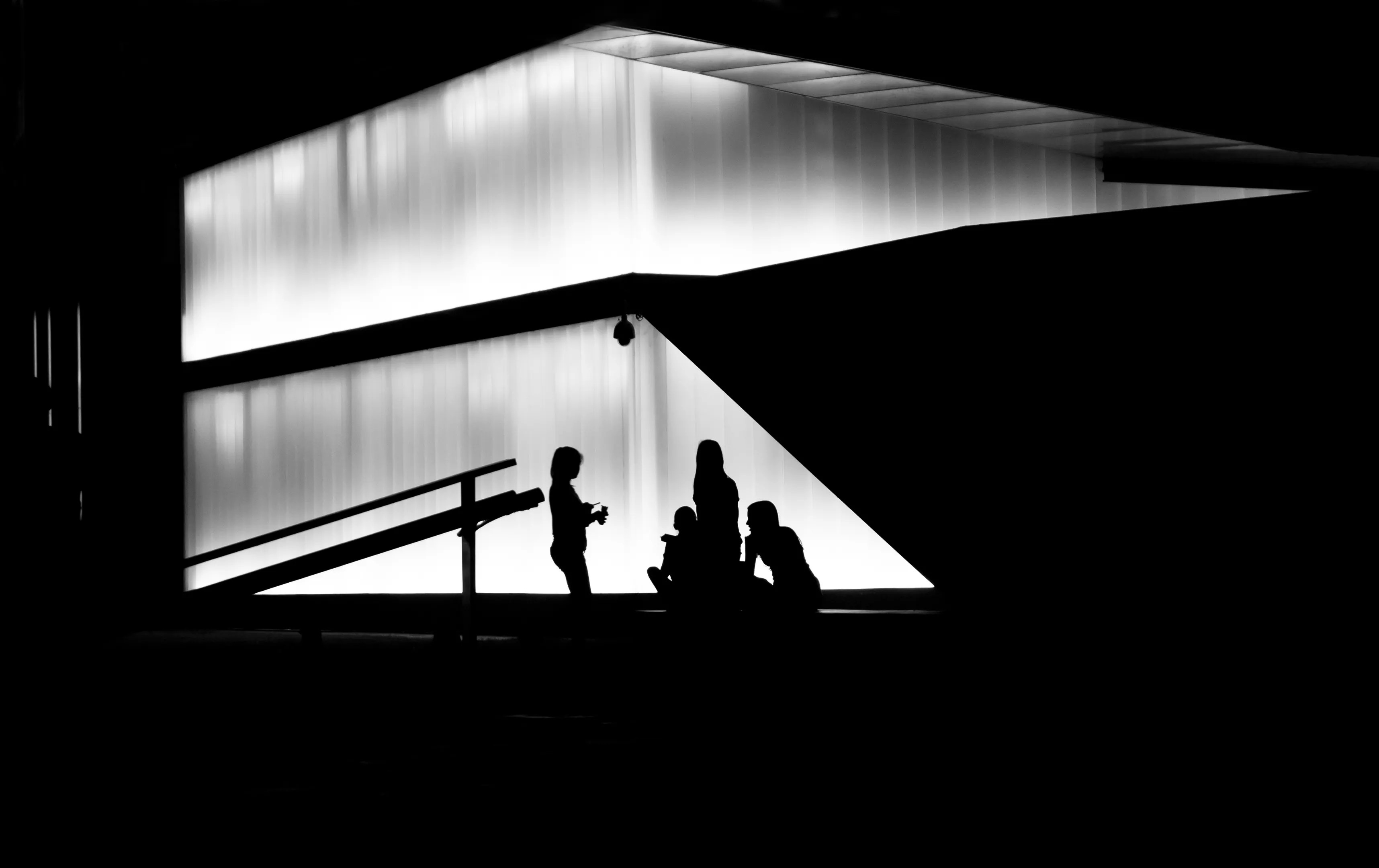
AlexLinch

Audio By Carbonatix
Since the ’90s, Dallas has renewed a curfew for minors about every three years. That will likely change.
In 2023, the Texas Legislature passed House Bill 1819, which bans municipalities from enforcing curfews for minors. Dallas is now considering repealing its curfew for minors to comply with state law. City Council members will discuss repealing the curfew at today’s Public Safety Committee meeting.
Dallas City Council member Cara Mendelsohn, chair of the Public Safety Committee, told the Observer in a statement that she and her husband set curfews as they raised their three sons. “We did this out of love to try to help keep them safe and from doing anything stupid or criminal,” Mendelsohn said. “The city of Dallas curfew was helpful as a backup in enforcing limits on youthful behavior.”
And the city’s curfew came with some reasonable exceptions, she said. Mendelsohn thinks the curfew is still needed today.
Dallas, make your New Year’s Resolution Count!
We’re $10,000 away from reaching our $30,000 year-end fundraising goal. Your support could be what pushes us over the top. If our work has kept you informed, helped you understand a complex issue, or better connected you to your community, please consider making a contribution today.
“The data is clear that more youth are committing crimes and being victimized in late hours,” Mendelsohn said. The Dallas County Juvenile Department shows an increase in juvenile arrests in the last two years, according to CBS News. “Curfews are a sensible way to address youth safety and help keep young people on a path to a successful adulthood,” Mendelsohn said. “I am an advocate for local control and don’t think the state legislature should have preempted the city’s ability to address the needs of our community, as requested by our residents.”
There’s another way to look at the effectiveness of curfews. Some say they don’t serve their intended purpose and they disproportionately affect people of color.
“Curfews are a sensible way to address youth safety and help keep young people on a path to a successful adulthood.” – Cara Mendelsohn, Dallas City Council
The curfew as written says that people in Dallas younger than 17 can’t be out between 9 a.m. and 2:30 p.m. on weekdays when they likely should be in school. Sunday through Thursday, juveniles can’t be out from 11 p.m. to 6 a.m. The curfew hours are extended on the weekends to midnight to 6 a.m. There are some exceptions to the curfew, like if a minor is out with their legal guardian or if they’re running an errand for their guardian. First-time violators get a warning. From there, the curfew is enforced through citations, penalties and services assigned through community courts.
As Mendelsohn noted in her statement, the city’s ability to address this issue has been “preempted” by the state. The Dallas Police Department referred our questions about the enforceability of the curfew to the city attorney’s office. A city spokesperson told us that because of the change in state law, the city is not currently enforcing the curfew.
The city last renewed its curfew in 2022, a move the Dallas Police Department supported. “I want to emphasize that this is a tool we’ve had in our toolbox for many years, and we want to maintain that tool … to do a better job at fighting crime,” DPD Assistant Chief Jesse Reyes told the council’s Public Safety Committee in 2021. The curfew must be renewed every three years.
Dallas started enforcing a curfew for minors in 1994. Two years later, the Department of Justice under President Bill Clinton released a report recommending curfews as a way to combat the “rising juvenile delinquency and victimization” that was supposedly taking place at the time. According to the online publication The Marshall Project, about 84% of cities with 180,000 residents or more had juvenile curfews by the late 2000s.
Dallas’ curfew has changed over the years. In 2009, the city implemented a daytime curfew for minors. Ten years later, the city decriminalized curfew violations. Before then, Dallas was handing out hundreds of curfew citations to minors. In 2018, the city dished out 286 citations for curfew violations. The following year the numbers dropped to 64 citations and 27 warnings. Between 2019 and 2021, though, juvenile victimization also decreased, according to DPD. But, in the year and a half leading up to 2019, 90% of the curfew violations involved Black or Latino youths, according to The Dallas Morning News.
“Over time, it’s been shown that these curfew ordinances really don’t have an effect on juvenile crime, and they end up doing more harm than good,” Brett Merfish, director of youth justice at the Austin nonprofit Texas Appleseed, told KERA last year.
In 2016, the nonprofit Campbell Collaboration published a review of 7,000 studies of juvenile curfews. The report, which included Dallas, said “evidence suggests that juvenile curfews are ineffective at reducing crime and victimization.”
The city of Austin ended its juvenile curfew a year after the report came out. A year later, the city saw a 21% decrease in juvenile victimization. Since HB 1819 passed, several other Texas cities have repealed their curfews or allowed them to expire, including Frisco, Plano, Richardson and Fort Worth. Now, Dallas may do the same.